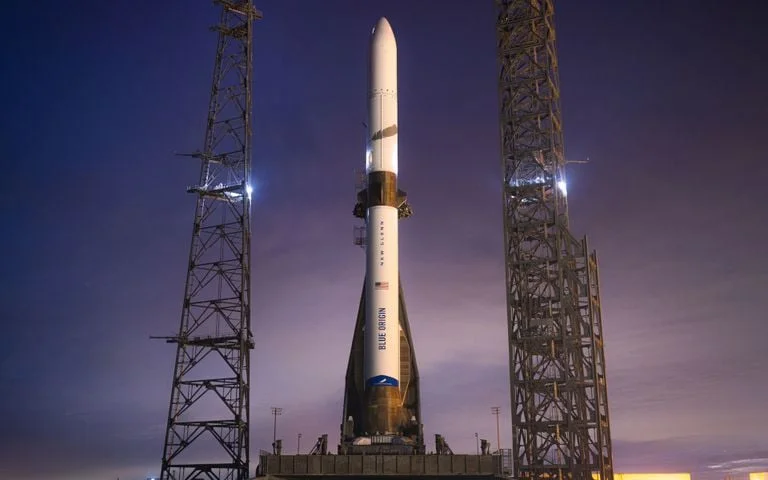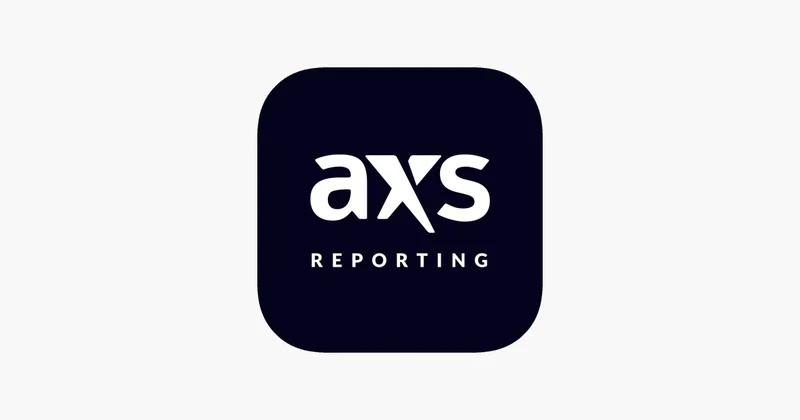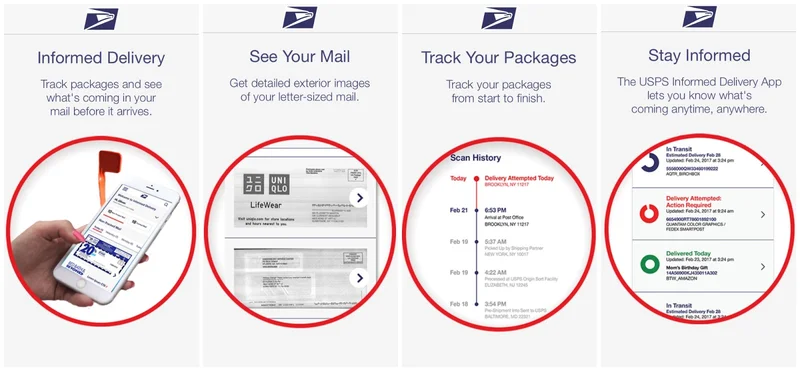Blue Origin's Launch Plans: FAA Restrictions and What We Know
TITLE: Blue Origin's Mars Shot: A Moonshot or Just Hot Air?
Blue Origin is aiming high, literally. Their New Glenn rocket is slated to launch NASA's ESCAPADE mission to Mars. But before we start picturing rovers and red dust, let's ground ourselves in the reality of launch schedules, government shutdowns, and a little thing called the FAA.
The FAA Factor: A Speedbump on the Road to Mars?
The initial launch was set for November 9th, with a backup on the 10th. Sounds straightforward, right? Except, the FAA threw a wrench in the works with a new order restricting commercial launches to between 10 p.m. and 6 a.m., starting November 10th. (The stated reason being to "reduce impacts on the National Airspace System.") Blue Origin, to their credit, is seeking an exemption. According to a report by SpaceNews, Blue Origin seeking exemption from FAA order restricting commercial launches.
Now, here's where the data analyst in me raises an eyebrow. The FAA order was issued on November 6th. Blue Origin knew about this restriction before their launch readiness review on the 8th. Why proceed with the review if a key regulatory hurdle remained? It's either supreme confidence or a calculated gamble. Maginnis, VP of New Glenn mission management, stated they were working with the FAA and NASA to honor airspace expectations while meeting mission objectives. It all sounds very collaborative, but the timing suggests a potential disconnect.
The question is: how often do these exemptions actually get granted? What's the historical success rate for companies seeking waivers to FAA launch restrictions? Details on the approval process remain scarce, but the impact is clear: uncertainty.
New Glenn's Second Act: Learning From Past Stumbles
This launch is significant for another reason: it's only the second flight of the New Glenn rocket. The first, back in January, reached orbit but the first stage failed to land on a ship due to an engine relight issue. Blue Origin claims to have made "a number of changes to our propellant management system" to improve landing chances.
"A number of changes" is vague. How many changes? What specific components were modified? Was it a complete overhaul, or a series of incremental tweaks? The lack of specifics is frustrating. It's like a company saying they improved sales "significantly"—without providing any actual sales figures.

Maginnis downplayed the need for major changes, stating, "We really didn’t have a lot of findings from the first mission." That's a bold statement, considering the primary objective of landing the booster failed. Maybe "not a lot of major findings" is more accurate. (Always read the fine print, folks.)
And this is the part of the report that I find genuinely puzzling. You have a high profile, expensive rocket, and a failed landing on the first test flight. Yet the takeaway, publicly at least, is that they were "very, very pleased" with the rocket’s performance. That's either exceptional optimism or a carefully crafted narrative.
Mars Beckons, But Earthly Concerns Loom
Beyond the immediate launch hurdles, the ESCAPADE mission itself is a long game. The probes aren't scheduled to arrive at Mars until 2027 – nearly two years from now. That's two years of potential delays, budget cuts, and unforeseen technical glitches. Space is hard, and Mars is even harder.
The mission's objectives are clear: to study the interaction between the solar wind and the Martian magnetosphere and atmosphere. Solid science, no doubt. And the secondary payload, a Viasat communications technology test, adds another layer of value.
But let's be realistic. This launch is as much about Blue Origin's reputation as it is about Martian science. A successful launch, a successful landing, and a successful mission would be a massive boost for Bezos' space ambitions. A failure? Well, let's just say the stock price (if Blue Origin were publicly traded) wouldn't be heading to the stars.
Blue Origin: Still Reaching for the Stars or Just Spinning PR?
It's a familiar pattern: bold pronouncements, ambitious timelines, and a healthy dose of corporate optimism. The data suggests potential turbulence ahead, both in the immediate launch window and in the long journey to Mars. Whether Blue Origin can navigate these challenges remains to be seen.
Previous Post:Dow Futures Dive: Rate Cut Doubts Deepen
Next Post:Dow Futures Tanking: What Happened?
Related Articles
AXS: More Than a Token, A Glimpse Into Our Digital Future
The Denver Anomaly: Why One Thursday in 2025 is a Secret Glimpse of Our Algorithmic Future Look, I w...
Space Launch Update: Clouds, Weather, and Moonshots
Generated Title: Blue Origin's Mars Shot: A Calculated Gamble or Just Good PR? Blue Origin finally g...
Dow Jones Dips: Tech Sell-Off and What We Know
The Cookiepocalypse is Over! A New Era of User Choice is Dawning! Okay, folks, buckle up, because I'...
The Aster Name is a Mess: A breakdown of the flower, the crypto, and the weird-ass movies
Forget Crypto, My New Investment is a Six-Inch Weed Called 'Snow Flurry' So, I’m scrolling through m...
USPS Launches Informed Delivery App: A Sign of Government Innovation as FEMA Halts Preparedness Grants
The Last Mile, Digitized: Why the New USPS App is More Than Just Package Tracking There's a strange,...
Palantir Stock (PLTR): The Hype, The Price, and Why It's Not Nvidia
So, let me get this straight. The U.S. Army hands a nine-figure contract to the tech-bro darlings of...





